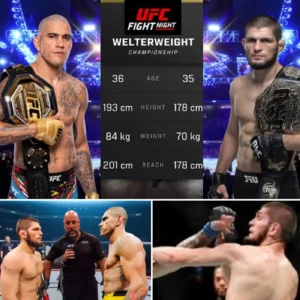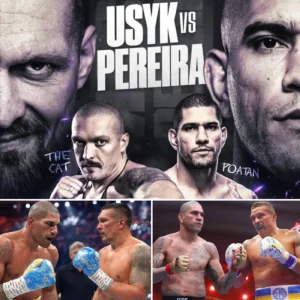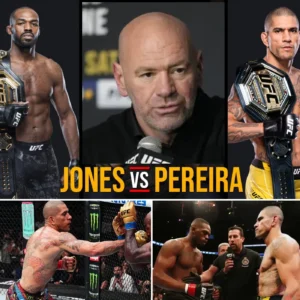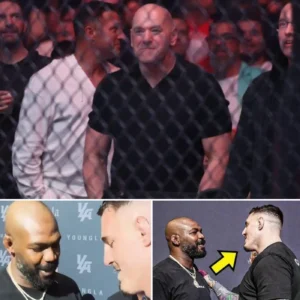The Deontay Wilder debate, Is his ego justified.
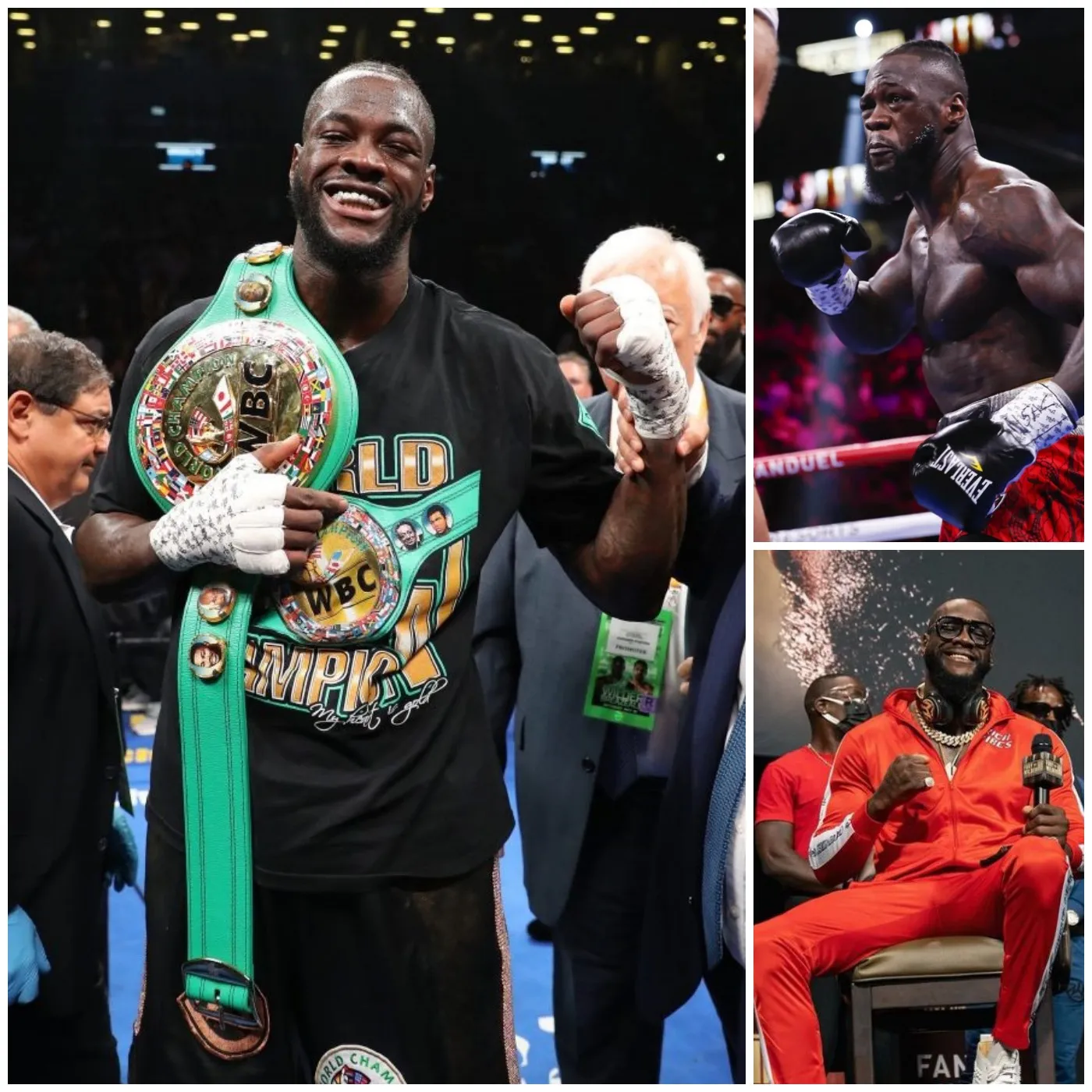
Deontay Wilder is one of the most talked-about names in boxing today, not just for his incredible knockout power but also for his larger-than-life personality. Known for his bold statements and unshakable self-confidence, Wilder’s public persona has often divided fans and analysts. While some see his confidence as a natural part of the sport, others argue that it crosses into arrogance, overshadowing his inner accomplishments.
The Role of Ego in Wilder’s Public Persona
Wilder’s confidence has always been a defining feature of his career. From claiming to have the most destructive power in heavyweight history to his infamous proclamation that he wants “body” on his record, Wilder has never been one to shy away from controversial statements.
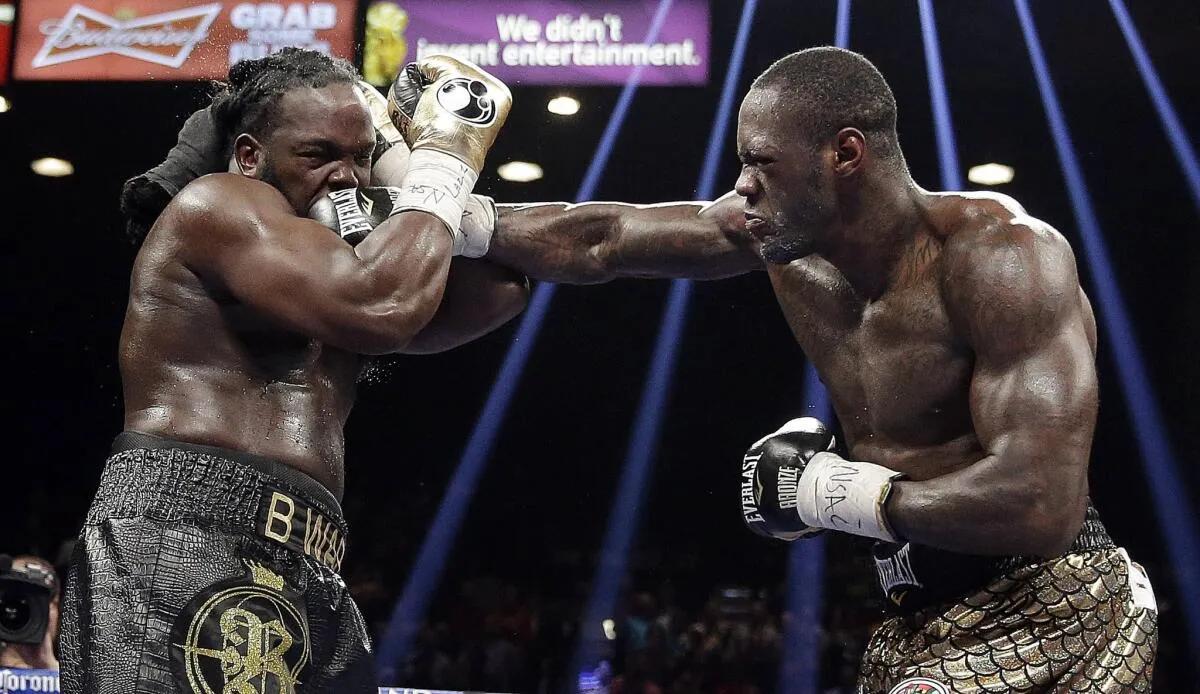
-
Marketing Genius or Ego Gone Too Far?
- Wilder’s outspoken nature has undeniably boosted his marketability. His trash talk and bold predictions have drawn attention to his fights, creating a level of hype that few fighters can match.
- However, critics argue that his focus on self-promotion often overshadows his accomplishments. Instead of letting his record speak for itself, Wilder’s insistence on being labeled “the best” can come across as insecure or attention-seeking.
-
Post-Fight Excuses and Backlash
- After his losses to Tyson Fury, Wilder’s post-defeat explanations became a point of controversy. From blaming his elaborate ring-walk costume for fatigue to accusing Fury of cheating, these statements damaged his credibility with some fans.
- While excuses are not uncommon in boxing, the sheer volume and nature of Wilder’s claims made many question whether his ego prevents him from taking accountability.
Achievements Overshadowed by Controversy
Devon Wilder’s career achievements are significant. He held the WBC heavyweight title for over five years and has one of the highest knockout percentages in boxing history. Yet, his legacy is often discussed in the context of his personality and public statements rather than his in-ring dominance.
-
Knockout Power vs. Quality of Opposition
- Wilder’s knockout power is legendary, but critics argue that many of his opponents during his title reign were not elite heavyweights. This has led some to question whether his record is as impressive as it appears.
- His trilogy with Tyson Fury, particularly the two losses, has also been used as evidence by detractors who believe Wilder struggles against top-tier competition.
-
The Tyson Fury Saga
- Wilder’s bouts with Fury have defined his career, showcasing both his strengths and weaknesses. While the first fight ended in a dramatic draw, the subsequent losses exposed flaws in Wilder’s technique and defensive skills.
- His refusal to accept these defeats graciously has further fueled the narrative that his ego overshadows his accomplishments.
Public Persona: Harmful or Part of the Game?
In the world of boxing, bravado and trash talk are often seen as part of the package. Fighters like Muhammad Ali, Floyd Mayweather, and Conor McGregor have built their brands on their ability to sell fights with their words. Is Deontay Wilder simply following in their footsteps, or has his ego crossed a line?
-
Fan Alienation
- While some fans appreciate Wilder’s confidence, others feel it alienates them. His controversial statements, combined with his reluctance to acknowledge defeats, have turned off a segment of the boxing audience.
-
Ego as a Double-Edged Sword
- Wilder’s ego has undeniably contributed to his success, giving him the self-belief needed to compete at the highest level. However, it has also made him a polarizing figure, with some fans and analysts focusing more on his personality than his skills.

How Wilder Can Redefine His Legacy
Despite the controversies, Deontay Wilder still has time to reshape his narrative. By focusing on his performances in the ring and showing humility in defeat, he can shift the conversation back to his accomplishments.
-
Take on Top Competition
- Wilder has the opportunity to silence critics by taking on other top heavyweights, such as Anthony Joshua or Andy Ruiz Jr. Wins against these opponents would strengthen his resume and reaffirm his status as one of the best in the division.
-
Focus on Accountability
- Acknowledging past mistakes and showing growth as both a fighter and a person could help Wilder repair his reputation. Fans appreciate authenticity, and a more humble Wilder could win back those who have been turned off by his past comments.
-
Embrace the Role of a Veteran
- As he approaches the later stages of his career, Wilder can embrace his role as a mentor and ambassador for the sport, using his platform to inspire the next generation of fighters.
Open-Ended Question: Is Wilder’s Ego Harming His Reputation or Elevating His Brand?
Deontay Wilder’s confidence often borders on arrogance, and opinions on his public persona are deeply divided. Is his outspoken nature simply part of boxing’s rich tradition of showmanship, or does it detract from his impressive record and achievements?
A Legacy Still in Progress
Wilder’s legacy includes remarkable achievements, but his focus on self-promotion and post-defeat controversies has created a narrative that often overshadows his accomplishments. Whether his ego is harming his reputation or elevating his brand depends largely on perspective. Fans of his knockout power and charisma will argue that he’s a necessary showman in the sport, while critics will continue to question whether his bravado is masking deeper insecurities.
In the end, Wilder’s career is a reminder that in boxing, success is about more than just what happens inside the ring. How a fighter handles triumphs and setbacks plays an equally important role in shaping their legacy. For Deontay Wilder, the story is far from over, and he still has the chance to prove that his ego is a reflection of his confidence rather than a hindrance to his greatness.



